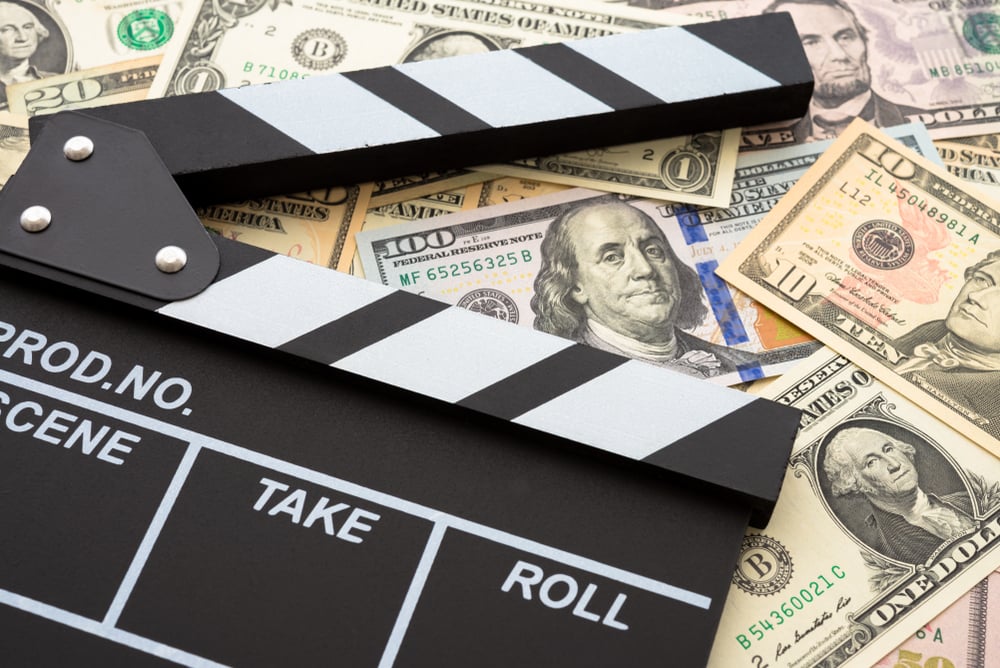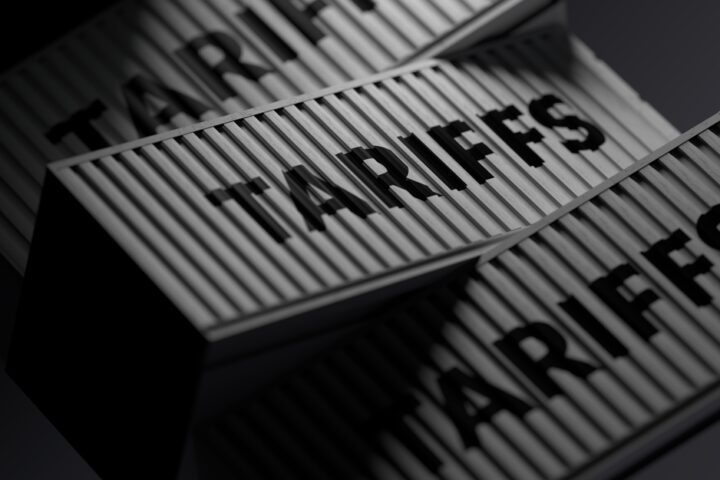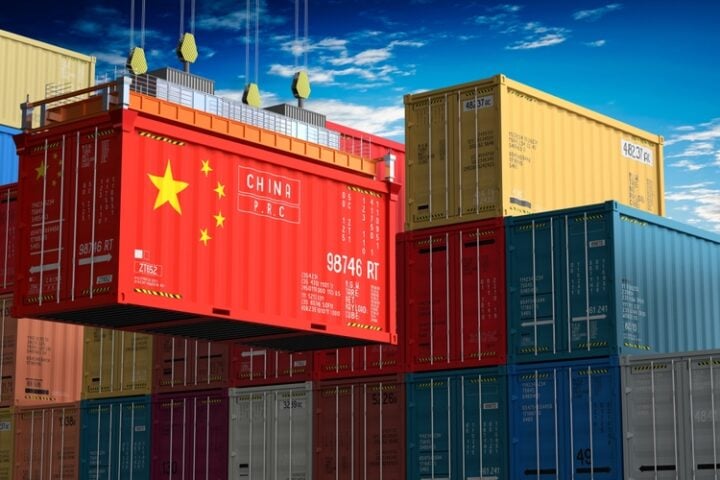Industry Reaction to the Proposal
President Trump’s announcement of a proposed 100% tariff on foreign-produced films has shocked the Hollywood industry and film financiers alike. Executives within the film and streaming sectors are raising concerns that such a move could cripple the industry, which has already faced significant challenges in recent years due to strikes and a content recession.
The Potential Ramifications
Many insiders are questioning the practicality of the proposal, especially since films, as intellectual property, are typically classified as services, not goods. As a result, they are not usually subject to tariffs. Additionally, Trump’s assertion that foreign film production represents a “national security threat” may not hold up under legal scrutiny. Despite this, industry leaders are taking the possibility seriously, with some reaching out to Commerce Secretary Howard Lutnick to discuss the potential fallout.
Mixed Reactions from Hollywood
While some see the proposal as an attempt to address the growing issue of “runaway production”—where films are increasingly made abroad to take advantage of tax incentives—others believe the tariff could bring Hollywood to a standstill. Jay Sures, vice chairman of United Talent Agency, explained that the cost of filming overseas is often far cheaper, and imposing a blanket tariff could shut down the industry.
International Film Production Trends
Many films, from low-budget indies to studio blockbusters, are being made in countries like the UK, France, and Germany, where tax incentives are more favorable. Trump’s comments about the growing number of films being made in other countries have sparked disbelief across the global film industry, with executives in Europe questioning the logic of the proposed tariffs.
Logistical Questions Surrounding the Tariff
The implementation of such a tariff raises numerous questions. For instance, would films produced by American companies but filmed overseas be taxed? What about movies shot partly in the U.S. and partly abroad? The complexities of modern film production, where shoots span multiple countries, make it unclear how such a policy would be enforced.
Trump’s Goal for Hollywood
Despite the confusion, the White House has stated that it is exploring all options to ensure the protection of the U.S. film industry. The administration is pushing for measures that they believe will revive Hollywood and strengthen its global competitiveness. This may include tax incentives rather than tariffs, which have been a more popular suggestion among industry lobbyists.
Industry Leaders’ Concerns
In the face of uncertainty, Hollywood executives continue to voice their concerns. Some are questioning whether the president fully understands how global production works. As one source put it, “Has anyone told him what this will do to James Bond, Harry Potter, Dune? Where are we supposed to shoot ‘Emily in Paris’?” The questions continue to mount as the industry watches closely to see what direction the administration will take.







